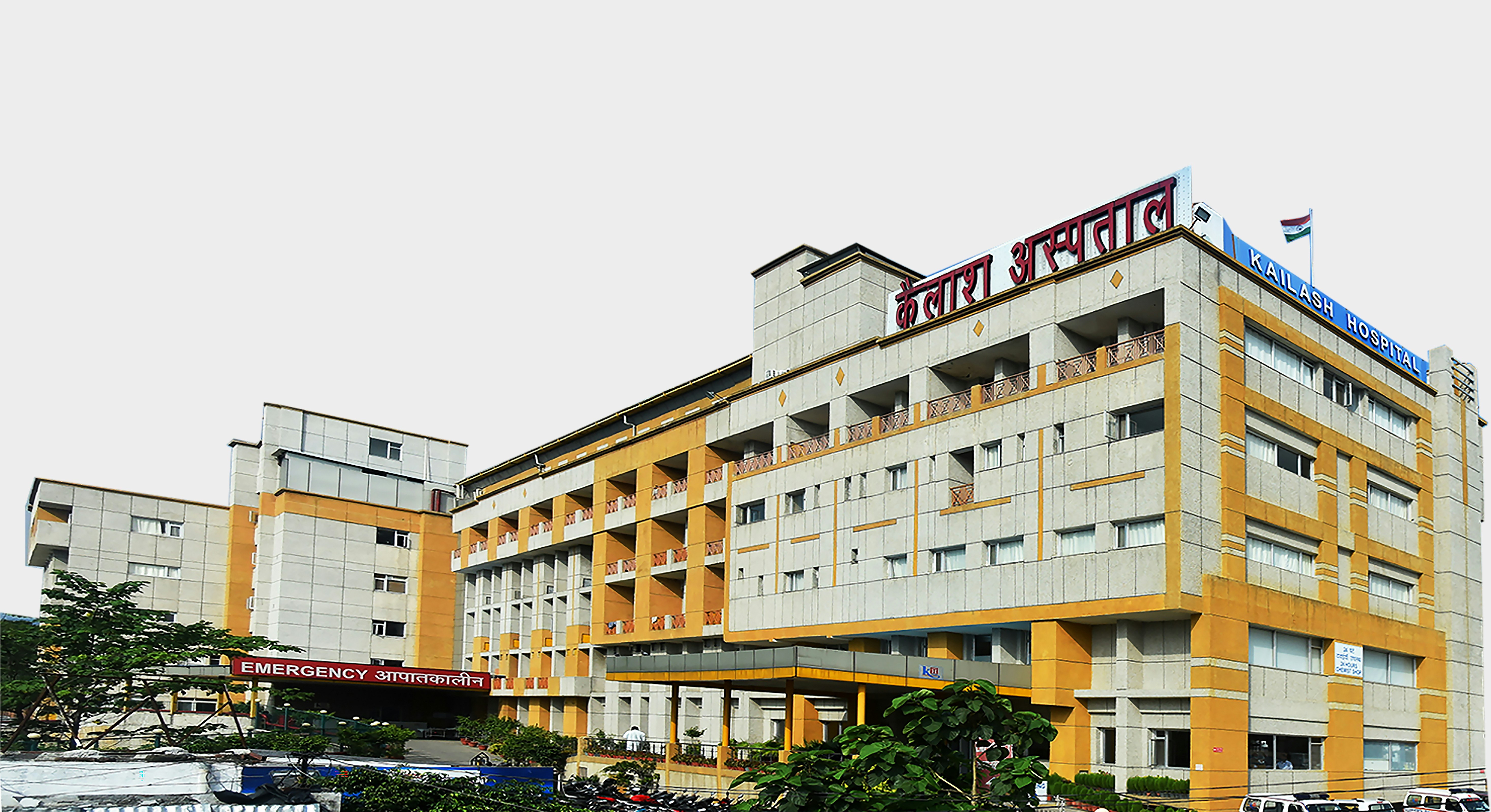Autism Testing Centers In Georgia: Where To Get Tested

Getting tested for autism can be a life-changing step — whether you're a parent looking for answers about your child, a teen dealing with challenges at school, or an adult trying to understand your own experiences.
Autism testing isn’t about putting a label on someone. It’s about understanding how a person thinks, feels, and interacts with the world. With a proper diagnosis, you can get access to the right therapies, services, and support to make everyday life better.
In Georgia, there are many trusted places that offer autism testing. Whether you're looking for a top children’s hospital, a center that specializes in adult evaluations, or a university clinic with lower costs, this guide can help. We’ll show you where to go based on your age, location, and budget — so you can take the next step with confidence and support.
Who Might Want to Get Tested?
Autism shows up in different ways for different people. Some may avoid eye contact or have a hard time with conversations. Others may be very sensitive to sounds, textures, or changes in routine.
Some people seem quiet or “quirky,” but shine in certain subjects or hobbies. If you or someone you love shows signs like these — at any age — getting evaluated can be a helpful and empowering step.
What to Expect During an Autism Evaluation
If you or a loved one is thinking about getting tested for autism, it helps to know what the process looks like. An autism evaluation isn’t a quick yes-or-no test — it’s a thoughtful, in-depth look at how someone communicates, behaves, and processes the world. The goal is to understand each person’s unique strengths and challenges.
How Autism Testing Works
The evaluation may include:
- Interviews – A specialist (like a psychologist or developmental pediatrician) will ask about behavior, development, and medical history. For kids, parents or caregivers are usually involved.
- Observation – The clinician may watch how someone plays, interacts, or responds to different situations.
- Standardized Tests – These are structured tools to assess thinking, communication, and social skills.
- Questionnaires – You or your family might fill out forms about everyday behaviors and challenges.
For adults, the process often focuses on lifelong patterns — especially things like social communication, sensory sensitivities, and routines.
How Long Does It Take?
An evaluation can take a few hours or be spread out over several visits, depending on the center and your needs. Some clinics offer a full team assessment, while others use a single provider.
Costs and Insurance in Georgia
The cost of autism testing can vary. Some private clinics charge $1,000 or more, while university centers and nonprofits may offer lower-cost options. The good news? Many insurance plans in Georgia — including Medicaid and PeachCare for Kids — cover autism evaluations. It's a good idea to call ahead and ask:
- Do you accept my insurance?
- Are there payment plans or sliding scale fees?
City-by-City Guide to Autism Testing Locations in Georgia
City | Clinic / Center Name | Who They Test | Type of Services | Insurance / Payment | Website |
Atlanta (Metro) | Marcus Autism Center (CHOA) | Children, Teens | Multidisciplinary diagnosis, research access, care coordination | Accepts major insurance, Medicaid | choa.org/medical-services/autism |
Georgia Autism Center (Peachtree Corners / Alpharetta) | Children, Teens, Adults | ADOS‑2, ADI‑R, IEP support, transition planning | Major insurance plans, sliding scale, financial options | georgiaautismcenter.com | |
Emory Autism Assessment Clinic | Children, Teens, Adults | Gold‑standard evaluations, virtual & in-person | Most insurance accepted; telehealth available | autism.emory.edu (Emory Autism Center) | |
The Rubin Center for Autism & Developmental Pediatrics | Children, Teens, Adults | Diagnostic evaluations, developmental pediatrics | Insurance, private pay | therubincenterforautism.org (Surpass Behavioral Health) | |
Behavioral Institute of Atlanta (BIA) | Children, Teens | Diagnostic evaluations, therapy referrals | Accepts insurance | bia1.com (Surpass Behavioral Health) | |
Athens | UGA Center for Autism & Behavioral Education Research | Children, Teens, Adults | Assessment, intervention, consultation, teacher training | University-based services; may use sliding scale | coe.uga.edu (Mary Frances Early College of Education) |
Savannah | Hopebridge Autism Therapy Center – Savannah | Children, Teens | Diagnostic evaluations, ABA, OT, speech, feeding therapy | Accepts Medicaid, insurance | hopebridge.com ( hopebridge.com) |
Augusta | ABA Centers / The Treetop ABA (Augusta clinics) | Children, Teens | Diagnosis, ABA therapy, developmental assessments | Accepts Medicaid, insurance; sliding scale options | thetreetop.com overview (The Treetop, Circle City ABA) |
Columbus / Macon | Hopebridge Autism Therapy Centers (nearby sites) | Children, Teens | Diagnosis + ABA, OT, speech evaluations | Insurance, Medicaid, sliding scale | hopebridge.com (hopebridge.com, Circle City ABA) |
Gwinnett County (Peachtree Corners) | Autism Learning Partners / Atlanta Autism Center | Children, Teens, Young Adults | Evaluation, ABA, transition support | Insurance accepted, private pay | focus‑ga.org / alpartners.org (, Circle City ABA) |
North Georgia (Cumming / Alpharetta area) | ABA Centers of Georgia | Children, Teens | Diagnostic assessment without long wait list, home-based ABA | Insurance accepted; free consultation | abacentersga.com (abacentersga.com) |
Low-Cost and Free Autism Testing Options in Georgia
Getting tested for autism doesn’t always have to be expensive. In Georgia, there are several places that offer low-cost or even free evaluations, especially for families with financial needs.
- University Clinics: Many universities with psychology or medical programs offer autism testing at reduced rates through their training clinics. These include:
- Georgia State University Psychology Clinic (Atlanta) – Offers evaluations by graduate students under supervision at lower rates.
- University of Georgia Center for Autism and Behavioral Education Research (Athens) – Specializes in autism services for children and adolescents.
- Georgia State University Psychology Clinic (Atlanta) – Offers evaluations by graduate students under supervision at lower rates.
- Community Health Centers: Federally Qualified Health Centers (FQHCs) across Georgia often provide developmental screenings and can refer you to local diagnostic services. Some offer sliding-scale fees based on income.
- Children’s Medical Services (CMS): A state-run program through the Georgia Department of Public Health that supports children with special healthcare needs. They may help cover autism evaluations for eligible families.
- Medicaid & PeachCare for Kids: If your child is covered under Medicaid or PeachCare, autism evaluations may be fully or partially covered. Contact your provider or pediatrician to learn more.
- Nonprofits: Organizations like Easterseals North Georgia and Spectrum Autism Support Group can help connect families to affordable assessment options or scholarships.
How to Choose the Right Testing Center
Finding the right place to get tested can feel overwhelming — but it doesn’t have to be. Here are a few tips to help you make the best choice for your situation:
- Consider Age Specialization: Some centers focus on young children, while others work primarily with teens or adults. Make sure the provider has experience with your (or your loved one’s) age group.
- Ask About Wait Times: Many places have long waitlists — especially for children. If time is a concern, ask how soon they can schedule an appointment.
- Check Insurance & Costs: Always ask if they accept your insurance or offer sliding-scale fees. If cost is a concern, refer back to the low-cost options in Section 6.
- Look at Their Approach: Some centers use a team-based model (including psychologists, speech therapists, and more), while others focus on psychological testing only. Ask how their process works and what tools they use.
- Read Reviews and Ask Questions: Look for feedback online or ask local support groups for personal experiences. Don’t be afraid to call and ask questions like:
- How long is the evaluation process?
- Do I need a referral?
- What happens after the diagnosis?
- How long is the evaluation process?
Taking time to research can help you feel confident about where to go and what to expect.
Autism Diagnosis Centers in Georgia (By Region)
Here’s a list of trusted places across Georgia where you can seek an autism evaluation. This list includes centers for children, teens, and adults.
Metro Atlanta
- Marcus Autism Center (Atlanta)
One of the largest centers in the U.S. for pediatric autism care. Offers comprehensive diagnostic evaluations.
Ages served: Infants to teens
Website: marcus.org - Emory Autism Center (Atlanta)
Offers services for both children and adults. Known for high-quality assessments and therapies.
Ages served: All ages
Website: med.emory.edu - Georgia State University Psychology Clinic (Atlanta)
Affordable diagnostic services through their training program.
Ages served: Children and adults
Website: psychology.gsu.edu
Northern Georgia
- Spectrum Behavioral Associates (Cumming)
Offers diagnostic testing, ABA therapy, and parent training.
Ages served: Children and adolescents
Website: spectrumbehavioralassociates.com - North Georgia Autism Center (Gainesville)
Provides assessments and ongoing support services.
Ages served: Children
Website: ngautismcenter.com
Southern Georgia
- Behavioral Health Services of South Georgia (Valdosta & other locations)
Community-based mental health center with diagnostic capabilities and referrals.
Ages served: Children and adults
Website: bhsga.com - Hopebridge Autism Therapy Centers (Albany)
Offers evaluations and therapy services.
Ages served: Toddlers and children
Website: hopebridge.com
Coastal Georgia
- Savannah Speech and Hearing Center (Savannah)
Provides speech, hearing, and autism evaluations.
Ages served: Children
Website: speechandhearingsav.org - Step Up Savannah (Referral partner)
While not a testing center, they help connect low-income families to diagnostic resources.
Website: stepupsavannah.org
What to Do After Getting a Diagnosis
Getting an autism diagnosis — whether for yourself, your child, or a loved one — can bring up many emotions: relief, questions, or even uncertainty about what to do next. But know this: you’re not alone. There are many helpful services and communities across Georgia ready to support your journey. Here’s where to start:
Start with a Support Plan
After diagnosis, your provider may give you a report with recommendations. These could include therapy options, referrals to other specialists, or school-based supports. Read it carefully, ask questions, and don’t be afraid to follow up.
Explore Therapy and Intervention Services
Early support can make a big difference. Depending on the person's age and needs, here are some common services in Georgia:
- Speech therapy to improve communication
- Occupational therapy to help with daily activities
- ABA (Applied Behavior Analysis), often used for children
- Social skills training for all ages
Your doctor or evaluation center can refer you to local providers — or you can check with your health insurance to see what’s covered.
For Children: Tap Into Educational Supports
If your child was diagnosed, you can request an IEP (Individualized Education Program) or 504 Plan at school. These plans help create the right learning environment and support services. Georgia public schools are legally required to evaluate and accommodate students with developmental disabilities.
You can also reach out to Babies Can’t Wait — Georgia’s early intervention program for kids under age 3.
https://dph.georgia.gov/Babies-Cant-Wait
For Adults: Build Your Support System
Many adults feel a sense of clarity after being diagnosed — but they also want help navigating work, relationships, or mental health. Georgia has support groups, autism-informed therapists, and vocational services that can help adults thrive.
Look into organizations like:
- Autism Plan of Georgia – https://autismplanengage.org
- Emory Autism Center – Offers adult diagnostic and support services
- GA Vocational Rehabilitation Agency (GVRA) – Career support for people with disabilities
Join the Community
Connecting with others who “get it” can make a huge difference. Georgia has autism support groups for parents, teens, adults, and siblings. Some are local meetups, while others meet online.
Try:
- Autism Support Georgia (search on Meetup or Facebook)
- Parent to Parent of Georgia – https://p2pga.org
- Your local school district or hospital may also host events or webinars.
Know Your Rights
In Georgia, individuals with autism are protected by laws like the IDEA (Individuals with Disabilities Education Act), ADA (Americans with Disabilities Act), and state-specific health insurance coverage rules. These laws help ensure access to education, work, healthcare, and services without discrimination.
If you need help understanding your rights or getting services, contact:
- Georgia Advocacy Office – https://thegao.org
- Disability Link – Focused on independent living and community access
Also Read Autism Diagnosis Centers In Indiana
Autism Diagnosis Centers In Maryland



